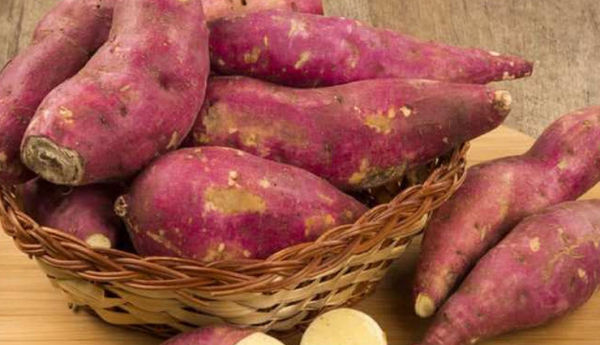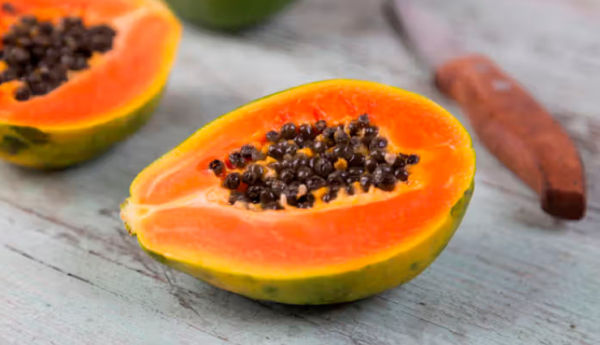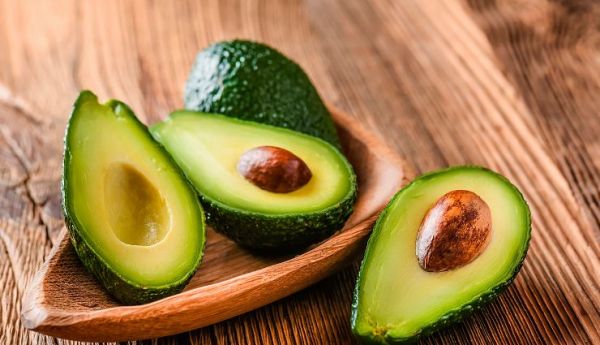

Lifestyle habits and genetics certainly play a role in how your skin responds to various conditions, but that doesn't mean achieving a radiant complexion is out of reach.
While many cosmetics label themselves as "skin food," a truly healthy complexion goes beyond what’s in a bottle. Though cleansers and lotions provide temporary relief, vibrant and hydrated skin originates from within. By choosing the right foods, you can nourish your skin effectively.
Research shows that your diet can significantly impact your skin's appearance. The foods you consume are digested and absorbed into your bloodstream, eventually reaching your skin. Here are five foods to incorporate into your diet for healthier skin:

# Pumpkin
Pumpkins are rich in alpha-hydroxy acids (AHAs), commonly found in skincare products. Not only do they provide numerous health benefits, but they also penetrate deeply into the skin. With high levels of antioxidants, Vitamin A, and Vitamin C, pumpkin helps soften and soothe dry skin. Additionally, it stimulates collagen production, preventing the skin from becoming cracked and scaly. Consuming pumpkin allows zinc to regulate oil production, while vitamin C's carotenoids help shield your skin from harmful UV rays.

# Sweet Potato
Sweet potatoes are packed with beta-carotene, which the body converts into vitamin A. Retinol, a derivative of vitamin A, is frequently used in skincare products for its ability to boost cell turnover and reduce wrinkles. When eaten, vitamin A also acts as a protective barrier against discoloration, inflammation, and clogged pores.

# Papaya
Papaya contains an enzyme called papain, which aids in skin healing and enhances collagen production when applied topically. Collagen is vital for skin health and elasticity. When consumed, the vitamins and minerals in papaya can enhance skin elasticity, diminishing the appearance of fine lines and wrinkles.

# Avocado
Avocados are rich in healthy fats that support various bodily functions, including skin health. These fats are crucial for maintaining skin flexibility and hydration. Preliminary research suggests that avocados may contain compounds that help protect your skin from sun damage.

# Fatty Fish
Fish such as herring, sardines, and salmon are excellent sources of omega-3 fatty acids and vitamin E. Antioxidants like vitamin E protect the skin from free radical damage and inflammation. Eating fatty fish not only reduces the effects of UV radiation but also alleviates inflammation, making the skin less vulnerable to UV exposure.